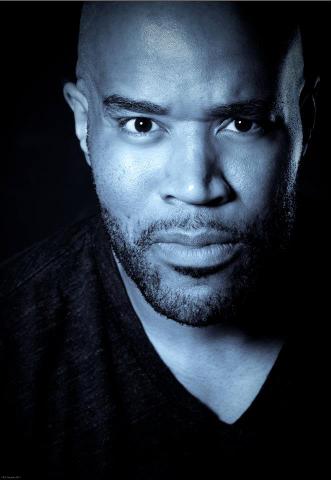
Sean Yoes
The day after Muhammad Ali died on June 3, I heard Dr. Harry Edwards, the famed sociologist and author of, “The Revolt of the Black Athlete,” speaking about Ali’s legacy on ESPN say, “`Greatest’ doesn’t really capture him, it’s not big enough.”
Edwards took the words right out of my mouth, out of my heart.
In 1999, {Sports Illustrated} named Ali, “Sportsmen of the Century.” Arguably Ali was one of the greatest Americans of the 20th century. For me there is no argument.
Most are familiar with Ali’s mythic narrative arc. He emerged on to the world stage as 18-year old Cassius Marcellus Clay, Jr., in Rome, Italy in 1960, when he represented the United States in the Olympics and seized the gold medal as a light heavyweight after he demolished Zbigniew Pietrzykowski of Poland. The boxing world had never witnessed the combination of hand and foot speed and elusiveness by a man fighting as a burgeoning light heavyweight. His skill set had only been reserved for much smaller men, typically welterweights. He made his professional debut October 29, 1960 and quickly moved to a pro record of 19-0, with 15 knockouts. Along the way, young Clay revealed an uncanny ability — with poetic panache — of predicting rounds in which his opponents would fall.
February 25, 1964, he captured the world heavyweight championship for the first time by defeating Charles “Sonny” Liston, a man of dubious mores outside the ring, but unquestioned brutality in it, by technical knockout. At the time Clay, then 22, was the youngest man to win the heavyweight title, and the victory is still considered one of the greatest upsets in the history of boxing. The next day, Clay officially joined the Nation of Islam, days later Elijah Muhammad, the group’s leader bestowed him with the name Muhammad Ali. Fifteen months later, Ali defeated Liston again with a controversial first round knockout in Lewiston, Maine. Ali defended his title for the next three years, with his last three victories in 1967 over Cleveland Williams and Ernie Terrell (the, “What’s my name,” fight) both in Houston and then Zora Folley in New York, perhaps the greatest performances of his young career.
Then, in the prime of his career Ali, citing his Islamic faith refused to be inducted into the U.S. Army at the height of the Vietnam War and he was stripped of his heavyweight title. After winning a unanimous decision in the U.S. Supreme Court, Ali was reinstated to fight in 1970.
There was the epic trilogy with Joe Frazier, “the Rumble in the Jungle,” with George Foreman in Kinshasa, Zaire where he implemented the, “rope-a-dope,” and regained his crown. And there was the rematch with Leon Spinks in the New Orleans Superdome in 1978 when he won the heavyweight title for a then unprecedented third time.
But, as great as he was, and he was indeed the greatest boxer that ever lived, the ring was simply the springboard from which Ali was able to elevate his shining, flawed humanity for the rest of the world to see, firing the imaginations of millions.
Years after his stance on the Vietnam War, Ali spoke about it for a documentary. “My conscious won’t let me shoot my brother, or some darker people or some poor hungry people in the mud for big powerful America. And shoot them for what?” he asked. “They never called me nigger, they never lynched me, they never put no dogs on me…how can I shoot them, poor little Black people little babies, children women. How can I shoot them poor people, just take me to jail!”
He could be cruel (see Joe Frazier) and polarizing, but he never wavered in the face of racial animus, death threats or the United States government. It was the world that eventually bent to Ali’s will and made him the most recognizable and one of the most beloved figures on earth for decades.
Because, ultimately Ali’s essence was love; love of self, love of Black people, love of poor people, love of humanity. “The greatest,” does not do him justice, because it’s not expansive enough, it’s seems finite when it comes to Ali. I think he transcended the traditional parameters of what “greatness” is. From a little Black boy growing up in West Baltimore in the 1970’s to another global icon like Nelson Mandela, Ali was one of the authentically inspirational and aspirational people of the 20th century and beyond.
Sean Yoes is a senior contributor for the AFRO and host and executive producer of First Edition, which airs Monday through Friday, 5-7 p.m. on WEAA 88.9.


